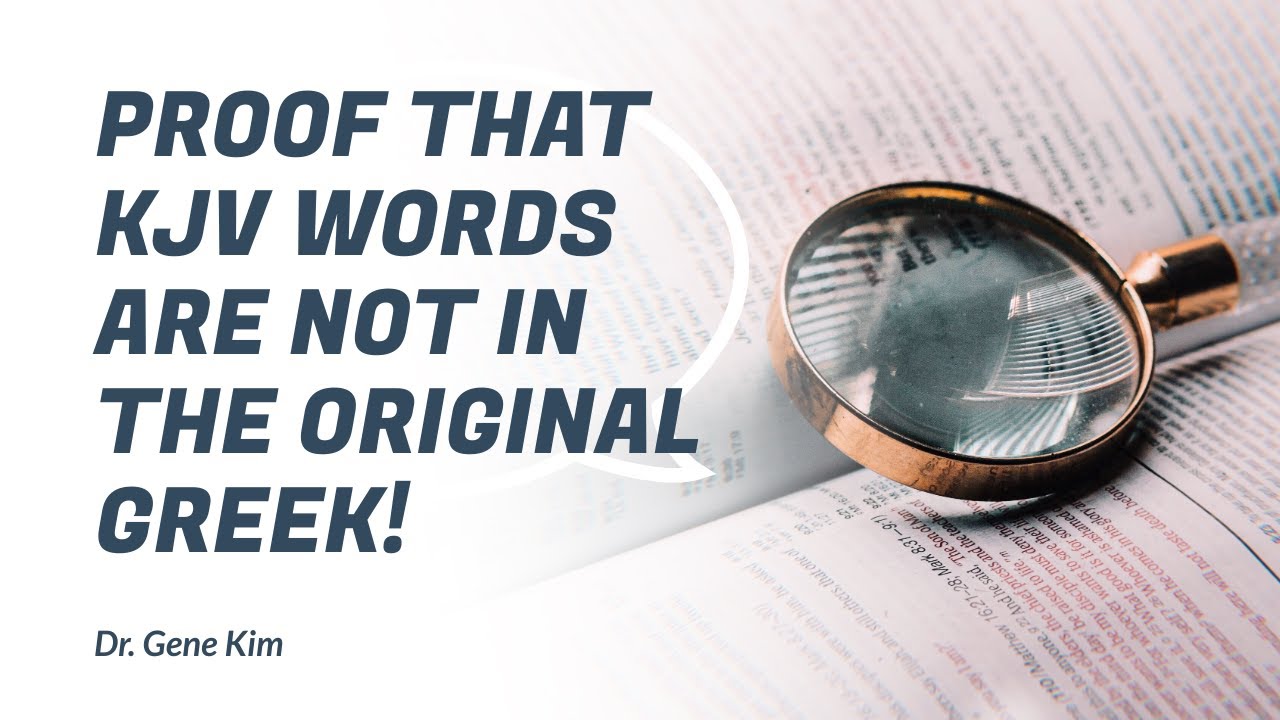Some certain phrases and idioms exist in different times and places. There were some in ancient times that we don’t have today and vice-versa.
“To cut the same in his teeth” is found in the KJV (Matthew 27:44), which means “to abrade or abuse one for something”, but that is not an accurate translation from Greek. “God forbid” is found in the KJV. But in Greek, that phrase would be translated to “may it not be so.”
Critics will argue that the KJV does not always follow the original Greek. That’s true! These types of idioms would not have existed in those times. So, does that mean that the King James Bible is mistaken and false for translating these passages in this way?
When we find Greek and Hebrew errors in the KJV, the best argument to combat them is to ask the following question:
Is the King James Bible a Greek Bible or a Hebrew Bible?
No! It’s an English Bible! If it’s an English Bible, shouldn’t it be written in the type of language that English-speaking people understand, including the idioms of that language?
You see English idioms in the KJV because it’s an English Bible. If God’s going to give you the best Bible, He’s going to give you the best Bible in your language. If one dumbs down the language of the King James Bible, they are taking away the beauty and power of the language. If God wants to give Christians the best Bible, which era of English language will He give them? The version of English that scholars say is the best form of the English language: Shakespearean, Elizabethan English.


